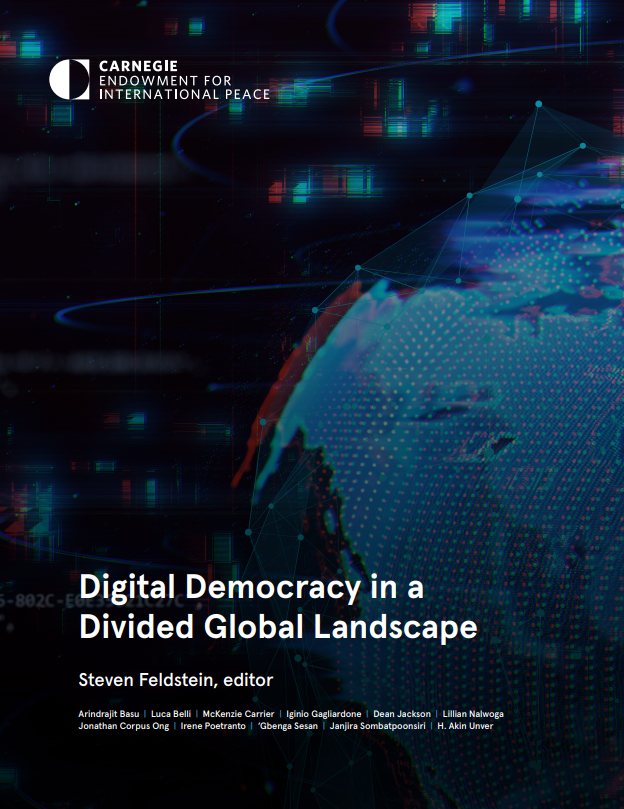
- 권위주의 정권인 중국과 러시아는 디지털 기술을 이용한 감시와 검열을 통해 통치력을 강화하고 시민사회에 대한 통제를 확대하고 있음
- 인공지능(AI), 딥페이크 등의 디지털 기술로 인한 정보 왜곡, 허위정보 확산 현상이 민주주의 국가에서도 문제로 지적되며, 일부 기술은 민주주의 제도를 강화하기보다 사회적 분열이나 신뢰 약화를 초래할 수 있다고 경고함
□ 이러한 위협에 대응하기 위해 민주주의 국가들은 디지털 거버넌스의 기준을 설정하고, 상호 협력 및 연대를 통해 권위주의적 기술 남용을 견제할 필요가 있음
- 단순한 기술 규제 차원을 넘어 디지털 환경에서 민주주의 가치를 수호하기 위한 규범 구축, 제도 개선, 시민 참여 촉진이 함께 이루어져야 함
목차
Introduction 1
01 Starlink Deployment and African Governments’ Quest for Digital Sovereignty 5
02 “Glocalizing” Digital Propaganda: Why Domestic Influence Actors in Southeast Asia Embed Geopolitical Narratives in Their Campaigns 11
03 Counter-Disinformation Funding in the Global Majority Is Broken—Here’s How to Fix It 17
04 When AI Meets Cybersecurity: Framing Brazil’s Information Security and AI Challenges 21
05 Toward a Transatlantic Information Defense Framework 29
06 Techno-Legal Internet Controls in Indonesia and Their Impact on Free Expression 35
07 A Case for the Disconnected: Focusing on the Unconnected Alone May Not Help Bridge the Digital Divide 39
08 “America First” Meets “AI First”: Insights from DOGE 43
09 Navigating AI Sovereignty in Africa: Resistance and Experimentation 51
10 The United States Should Re-embrace “Digital Solidarity” 55
About the Authors 59
Notes 61
Carnegie Endowment for International Peace 80


